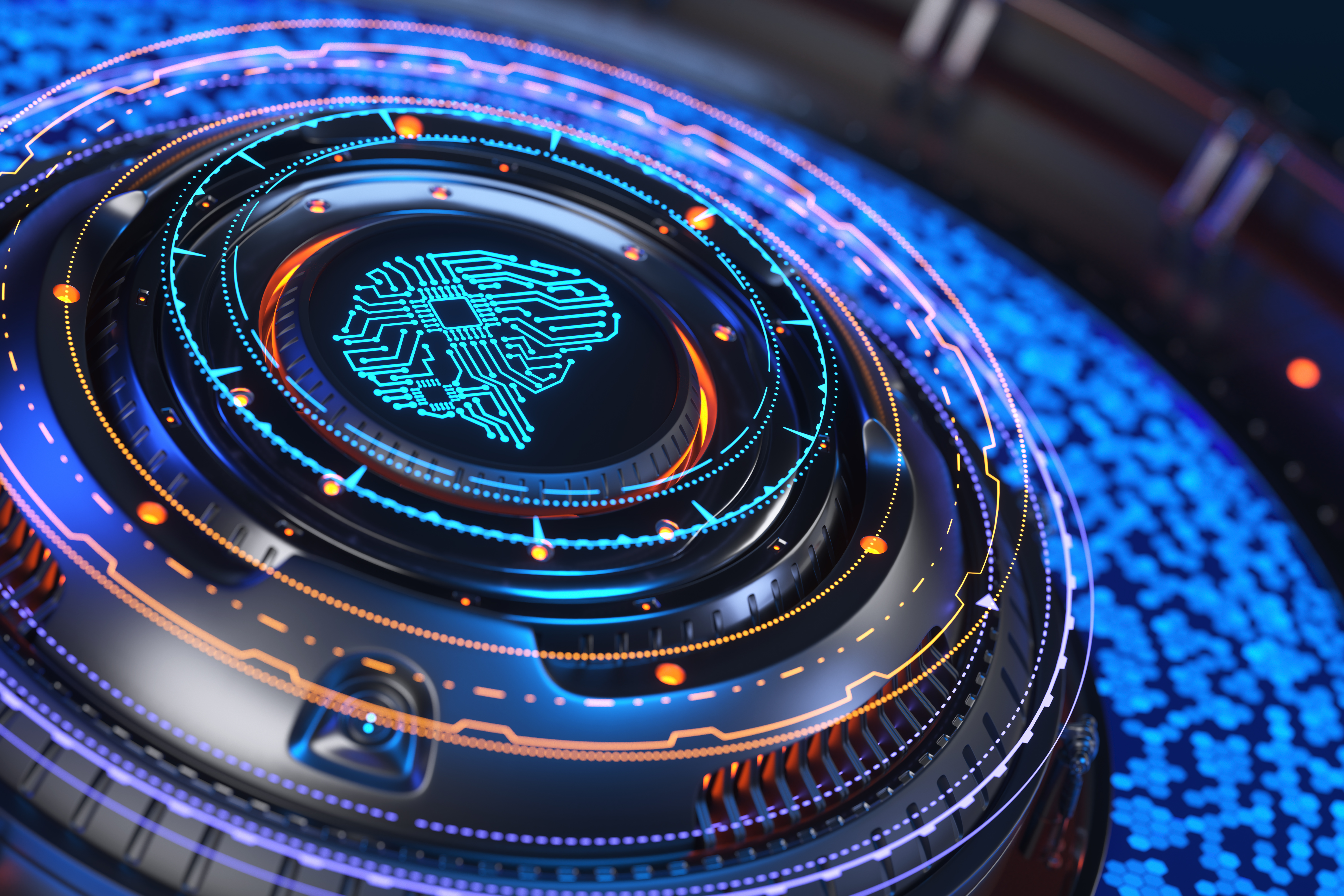What is artificial intelligence (AI)?
Artificial intelligence (AI) has come a long way in recent years, and its continuous advancement is shaping the future of many industries, from healthcare and finance to transportation and entertainment. And the OTT world is no exception. AI and machine learning algorithms collide with OTT platforms giving rise to a more personalized and engaging kind of content. These technologies involve greater user experience, optimized content delivery, improved video encoding, and reduced buffering and loading times, while also allowing the possibility to create an immersive experience (which is becoming increasingly popular).
AI solutions have the power to radically transform the way we live, work and interact with technology. With the development of more powerful algorithms and the availability of processing vast amounts of data, AI systems have become more accurate and sophisticated than ever before.
Deep Learning, a subfield of machine learning, is one of the major milestones among the developments unleashed. It is a system that works under the scheme of a human brain, generating a neural network that is able to learn from large volumes of data, therefore making it possible to improve performance over time.
An advancement that has led to breakthroughs in areas such as computer vision, speech recognition, and natural language processing, paving the way across different industries for numerous applications that do not require human intervention.
In this machine learning framework, Reinforcement Learning is another function that emerges, an autonomous system that learns through trial and error by interacting with its environment.
Machines can now learn to perform complex tasks and adapt to changing conditions through algorithms, and this kind of structure enables a configuration capable of providing decisions with the best outcome. A dynamic process that aims to maximize benefits by constantly adjusting its actions according to the feedback received.
The AI market is expanding rapidly and is expected to continue to do so, driven mainly by the increasing adoption of AI technology in diverse businesses. The current landscape is predicted to significantly grow over the next ten years, and, according to Statista, it is estimated that the value of today's nearly USD 100 billion will rise twentyfold by 2030, reaching nearly USD 2 trillion. Chatbots, image-generating AI, and mobile applications are all among the major trends in improving AI in the years to come.
With companies using AI to improve their products and services, from personalized recommendations to fraud detection and risk management, the emergence of Big Data and cloud computing has enabled its development on a massive scale.
However, despite witnessing its rapid evolution, a need for adjustment and regulation is without a doubt required in pursuit of safeguarding society. As AI continues to advance, it will be crucial to ensure that it is developed and used responsibly and ethically.
Predictions about where it is heading:
1. Increased adoption of AI in manufacturing: AI will be used in manufacturing to improve operational efficiency, reduce costs, and improve product quality more and more.
2. Growth of AI-powered autonomous vehicles: With its technology, vehicles will be able to operate more safely and efficiently on the roads.
3. Greater focus on AI ethics: The heart of the matter will be on transparency, accountability, and privacy issues.
4. The rise of AI-powered healthcare: With applications in areas such as personalized medicine, drug discovery, and medical imaging.
However, the question that is becoming more and more frequent is: will artificial intelligence replace human beings? A debate that leaves much to be said and where opinions on the subject are divided. Some see it as inevitable, while others argue that it is highly unlikely.
So far, this transformation has only created new employment opportunities. Various fields have used it to automate repetitive tasks, improve decision-making processes and increase efficiency, yet its scope goes no further in terms of cognitive skills, creativity and emotional intelligence, such human abilities that are crucial for business growth. Soft skills add value and are required in every industry.
Its role is therefore complementary, aimed at enhancing and improving human performance, a design outlined to raise the game.
Stanford University’s Digital Economy Lab AI Index revealed in one of the points of its report an increasing demand for AI-related professional skills. According to the study, in the US, “AI-related job postings have increased on average from 1.7% in 2021 to 1.9% in 2022. Employers in the United States are increasingly looking for workers with AI-related skills.”
The real question relies on how humans intend to find ways to optimize this tool, to work with it, rather than wondering if they will be replaced by AI. The rise of Artificial Intelligence has opened up new possibilities and opportunities for innovation, and it will be exciting to see how it continues to shape our world in the years to come.
